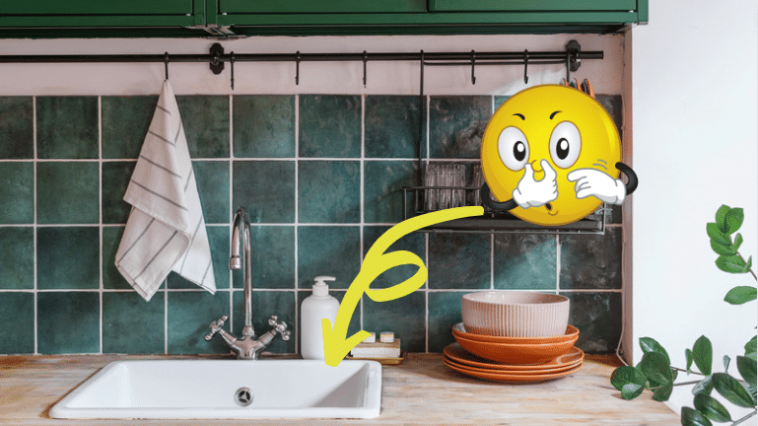Bad odors in pipes are very common. And unfortunately, we can even notice sewer odors despite regular maintenance of the pipes. It is then possible to go to stores to purchase specialized cleaning products. However, they are rather expensive and not always environmentally friendly. However, we can very quickly and effectively deodorize and avoid sewer back-ups in the bathroom, toilets, kitchen or laundry room thanks to a few good gestures and grandmother’s tips that are as easy to implement as economic. We bet you already have everything you need at home to eliminate bad odors without chemicals.
1) Clean the siphon against bad odors in the pipes
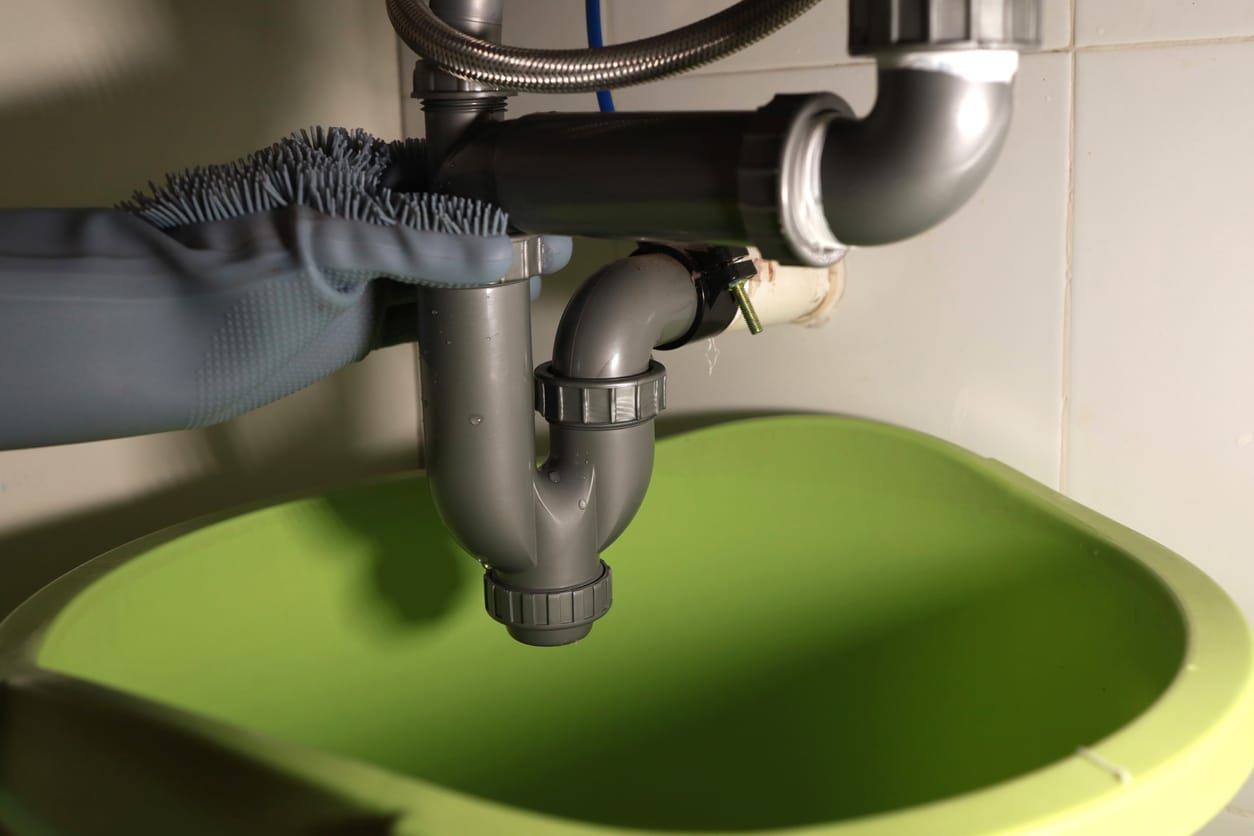
The siphon can become clogged with deposits which eventually become smelly. This can block drains and encourage odors to rise. Fortunately, it is very easy to clean. It is enough to put a basin underneath to collect the water and debris present in the pipes. (Let it flow for a few minutes!) Then, carefully unscrew the siphon, empty it and rinse it thoroughly. You can possibly scrub it with an old toothbrush and a little soap if the dirt doesn’t come off well. You can then dry it and put it back in place. Very often, this simple manipulation is enough to significantly reduce foul odors in pipes.
2) White vinegar, the champion of all categories of deodorization
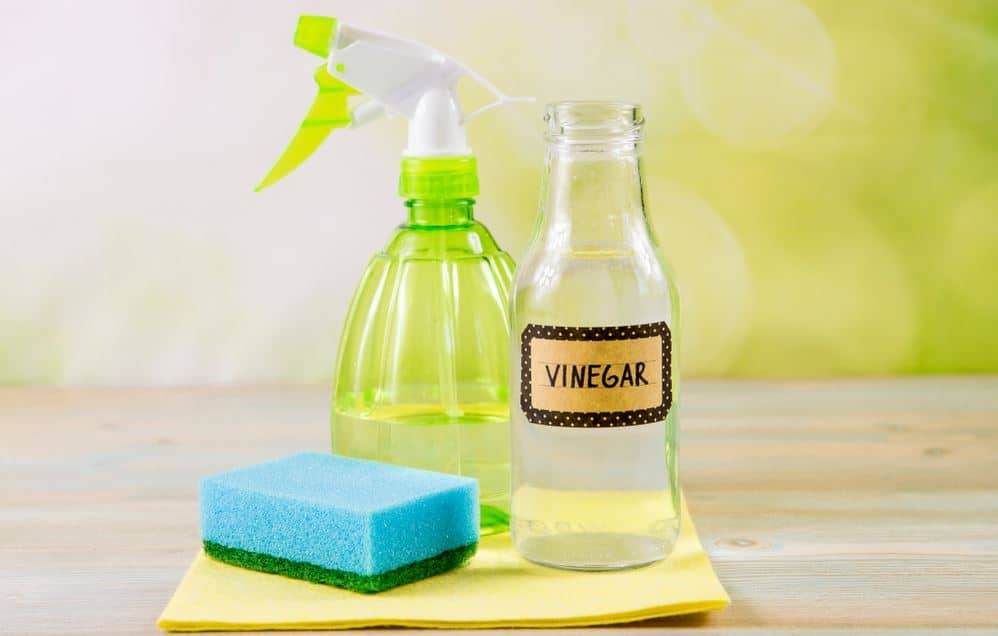
Against unpleasant fumes, nothing beats white vinegar. This eco-friendly cleaning product allows you to clean, degrease and deodorize the pipeline while allowing naturally disinfect pipes. Used regularly in small quantities, it will act effectively to prevent odors passing through the drain!
It can also be used in treatment when the fumes are already present. To do this, you can pour 250 ml each evening into the sink drain (and a little also into the overflow hole which you can clean with a toothbrush). By doing this for several days in a row during the attack phase, you will be able to get rid of the odors. Better yet, you can use hot vinegar for a very effective cleaning effect on the drain of the sink, bathtub, shower or bidet. Leave it on overnight, then rinse with warm water the next day.
3) Bicarbonate against pipe odors
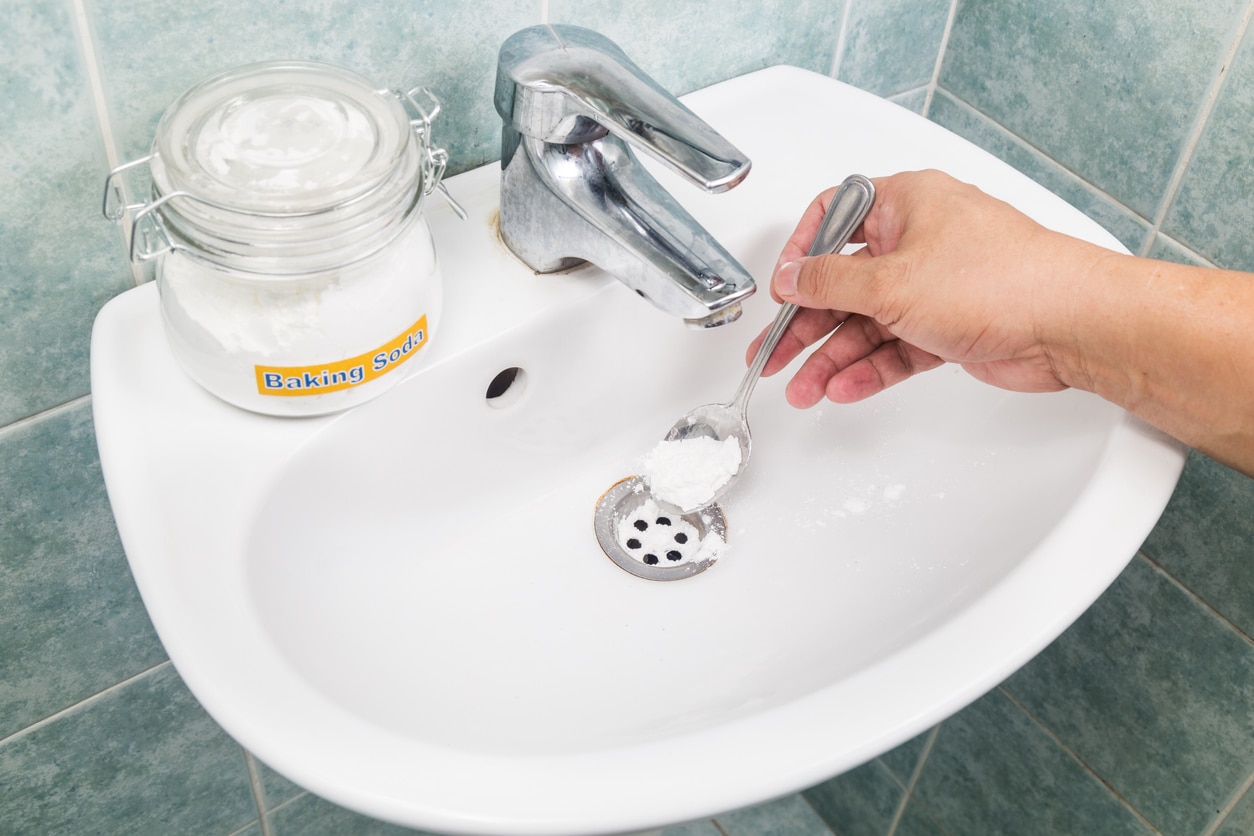
Cleaner, deodorizer, gently abrasive and mildly disinfectantbaking soda has everything you need to fight against unpleasant odors escaping from your pipes. To do this, you can dilute a tablespoon of this white powder and a spoon of salt in a liter of boiling water. Then pour everything down the smelly drain and leave for several hours before using your sink again as usual. You can also combine it with white vinegar: the chemical reaction will in fact mechanically eliminate dirt, blockages and odors. Count here 250 g of bicarbonate to cover with 250 ml of hot vinegar. Leave it on for a few hours before rinsing with 1l of boiling water.
4) Coffee grounds for prevention and treatment
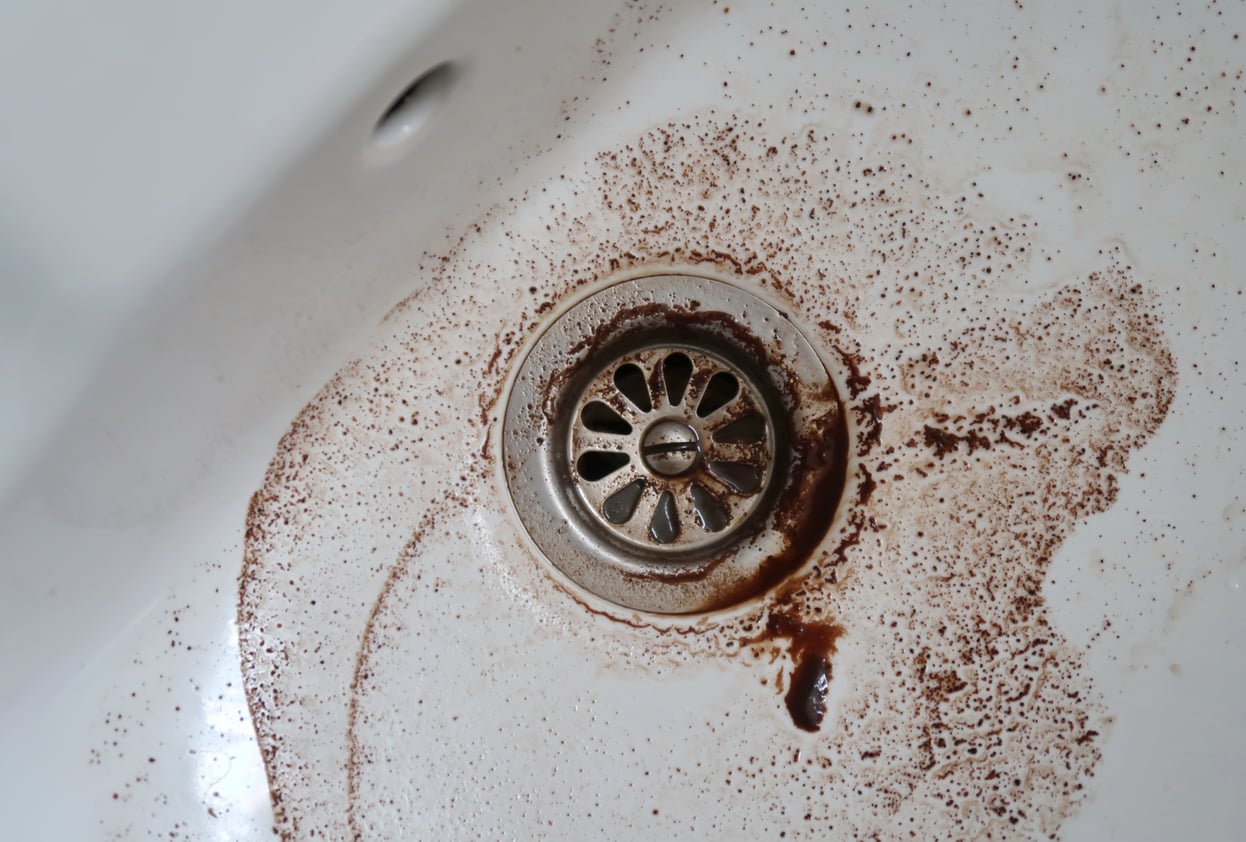
The coffee grounds collected in the filter or pods of the coffee machine can be recycled in a thousand and one ways. It’s eco-friendly, free and very smart! However, also remember to put a little aside to maintain your pipes. THE abrasive properties of coffee will help to scrub away dirt which accumulate in the pipes while its deodorizing power will prevent the formation of odors (or will help reduce them if they start to make themselves felt). On the other hand, avoid adding too much or you risk clogging everything. Count one or two tablespoons that you rinse immediately and for a long time with hot or boiling water.
5) Yogurt against the smell of pipes
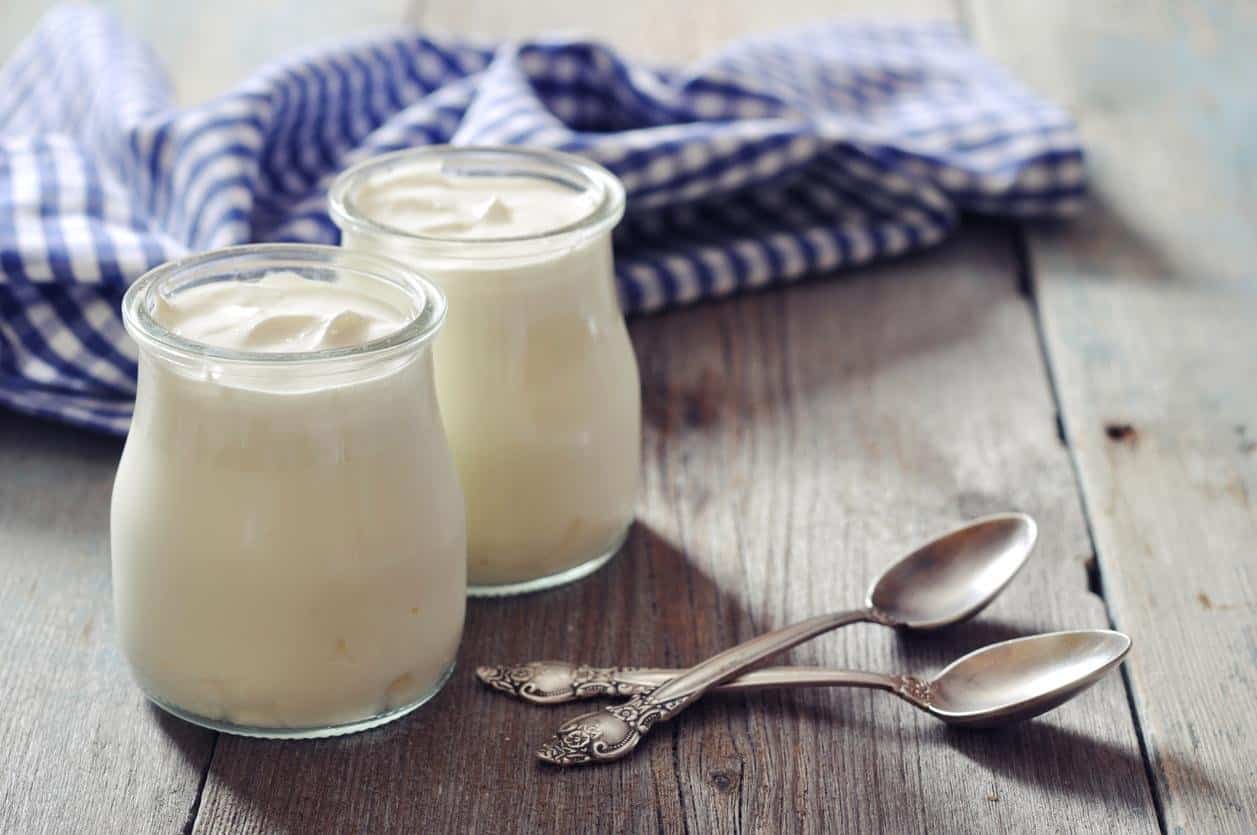
Bacteria in plain yogurt may help eliminate bacteria causing bad odors and feed your septic tank if you have one. Furthermore, the acidity of yogurt helps eliminate impurities. It’s also a good idea to recycle outdated yogurt (even if they are still edible several weeks after the expiry date, let’s face it!). To do this, pour your yogurt into the drain preferably in the evening. Then leave it to act for several hours without using your sink. Ideally, you should leave it on for 24 hours before using it again.
6) Other tips against smelly pipes
It is possible to clean, unblock and deodorize persistent odors in one step with soda crystals. Pour 200 g into the smelly pipe, leave to act for 5 minutes, then rinse with hot water and leave to act for several more hours. Essential oils can serve as a backup solution time to process. Pouring a few drops of eucalyptus, lemon, Scots pine or peppermint essential oil helps mask the stench for a while.
Finally, if you are going on a trip for a few days, pour a small teaspoon of oil into the bad-smelling pipes. It goes like this prevent water from evaporating in the siphon water guardthus preventing the pipes from backing up and forming bad odors. So you won’t have any unpleasant surprises when you return from vacation! 😉
7) How to prevent the appearance of bad odors in your pipes?
Several factors can cause bad odors. The accumulation of waste, mold, fungi and bacteria (for example with a blockage), a blocked siphon, a poorly maintained or used septic tank, but also a plumbing problem can be the cause of unpleasant odors.

To act in prevention, it is therefore possible to do several things:
-Avoid throwing fatty or oily materials as well as food down the sink. They can in fact accumulate and cause obstruction as well as unpleasant odors.
–Use a sieve or filter to prevent food debris, various residues and hair from passing into the pipes.
–Clean the pipes regularly using eco-friendly household products such as white vinegar and baking soda. Why not put a reminder on your phone every 1st of the month so you don’t forget to add a little vinegar?
-Avoid pouring harsh chemicals down the drains, as they can damage the pipes and cause larger problems.
–Maintain your septic tank properly. The use of unsuitable products (bleach, caustic soda unblockers, hydrochloric acid, etc.) can in fact unbalance it, which can lead to odors and malfunctions. Also, don’t neglect draining. Emptying it when it is full helps prevent overflowing or water leaks.
-In addition, maintain the water heater to prevent odors from rising and make your water heater last longer.
-Also check the seal behind the toilet bowl. It can sometimes become damaged over time and cause odor problems.
-Finally, it is possible toinstall an anti-odor damper (or PVC check valve).
By following these simple tips, you can prevent bad odors from building up in your pipes and maintain a clean and functional plumbing system. If nothing helps, do not hesitate to call a professional. A plumber will be able to identify a possible plumbing problem and resolve it permanently (in addition to preventing it from getting worse).


